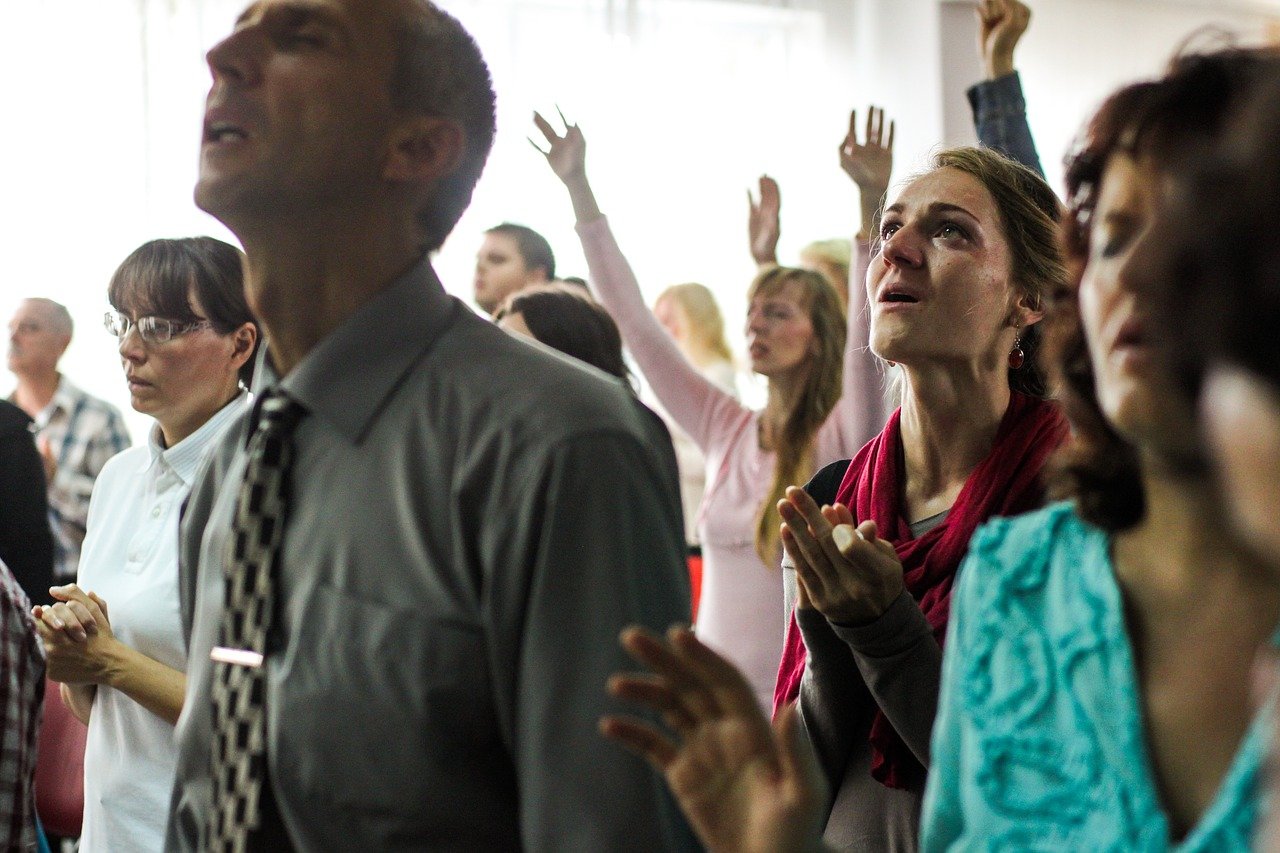Some of you will know that my eldest daughter got married in April, after having had to postpone twice because of shifting Government restrictions related to Covid-19. Planning for a wedding can be stressful under normal circumstances. For our family and many others across the nation who faced a similar situation, the virus-related uncertainty simply added a further layer of stress-inducing complication. I’m not looking for sympathy, by the way – I recognise I’m not a special case here; we’ve all had to face uncertainty to different degrees this year – but I have to admit that I am growing weary of it now. Every month, I produce a list of church services for the magazine, and every month, I have to fill it with caveats and encourage readers to check online information because things may change. I’m sure it’s as frustrating to read as it is to write.
My hope is that we will be back to “normal” by the end of this month. One of my prayers is that indoor congregational singing will be permitted. I’ve always liked it, but over the last 15 months, I have come to realise just how precious it is. I read recently that Saint Augustine wrote “I perceive that our minds are more earnestly elevated into a flame of piety when [words] are sung than when they are not.” Some have suggested Martin Luther (the 16th century Protestant reformer, not to be confused with Martin Luther King Jr, the 20th century civil rights activist) said something similar; “A prayer sung is a prayer twice prayed.” Evidence that he did say this is inconclusive, but I think the saying is true, nonetheless. Music somehow reaches parts in us that mere words cannot; it can more effectively unlock our hearts and stir up our emotions and affections.
The effects of this can be good or bad, of course. Aggressive music with coarse sounds and heavy drumming can make us feel uplifted and “pumped” (to quote David Cameron on the campaign trail!) or it can release pent up anger, which, depending on how it is released, may not be quite so helpful. Similarly, the haunting notes of a solo violin or a gentle piano might be calming to some listeners whilst evoking melancholy feelings in others. Music can be particularly powerful when, in song form, the mood of the lyrics is captured by the mood of the music. Whoever decided that remixing Sting’s Cold-War classic “Russians” or Phil Collins’ “Another day in Paradise” and setting them to a dance beat clearly didn’t get it! By contrast, Emile Sande’s “Clown” is simply stunning; a perfect combination of music and lyrics to melt the listener’s heart, sensitively delivered by singer and instrumentalists.
I am so looking forward to being able to sing with others again: bright, confident hymns that tell of the glory of God; quiet, reflective songs which unpick the depth of his love revealed in the cross of Christ; hymns which are prayers into which I can carry the concerns of our community; hymns which are doctrinally rich and uplifting for the soul; songs which make me want to dance with joy; melodies that resonate with the eternal music of heaven and the hope we all have in Jesus. I’d love to invite you to join with me for a really good sing, but until the government says we can, I’ll have to issue caveats and encourage you to check our online information! Maybe next month…
May God’s love evoke a song in your heart, even if you don’t sing it aloud.
